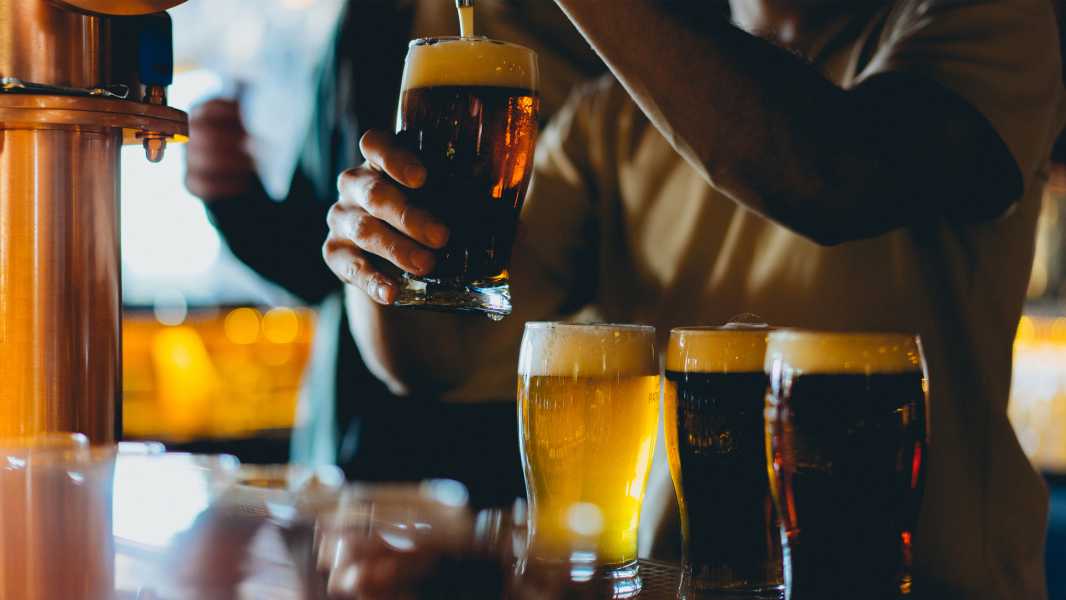
(Image credit: Getty Images)
Many people who drink alcohol are familiar with the short-term effects of intoxication. The mild happiness and relaxation are the main reasons why alcohol has been produced and consumed for thousands of years, according to the book Alcohol: Science, Policy and Public Health (Oxford University Press, 2013).
At the same time, most people are aware that excessive and regular alcohol consumption can seriously harm physical and mental health. However, the specific consequences depend on the amount of alcohol consumed and the frequency of its use.
In the United States, moderate drinking is defined as two drinks per day for men and one drink per day for women, according to the Centers for Disease Control and Prevention (CDC). One drink is equal to 0.6 ounces (14 grams) of pure alcohol. This amount is found in a bottle of beer (with 5% alcohol content), a small glass of wine (with 12% alcohol content), or a shot of hard liquor (with 40% alcohol content).
According to the CDC, heavy drinking is defined as more than eight drinks per week for women and more than 15 drinks per week for men. This differs from binge drinking, which the CDC describes as consuming five or more drinks on one occasion for men and four or more drinks on one occasion for women.
What are the short-term effects of alcohol consumption?
Short-term effects of alcohol use often include a mild state of euphoria and relaxation. These feelings are caused by temporary changes in brain signals, says Sara Boss, a Spanish psychiatrist and clinical director of The Balance Luxury Rehab, which specializes in addictions.
“Alcohol can affect the functioning of neurotransmitters, the chemicals that help send signals between neurons in the brain, leading to changes in mood, behavior, and thinking,” she told Live Science.
According to the American Centers for the Prevention of Addiction to Alcohol, the short-term effects of moderate alcohol consumption can range from flushed skin and difficulty concentrating to more serious symptoms such as vomiting and loss of consciousness. Other short-term effects include loss of coordination, mood swings, increased blood pressure, blurred vision, and decreased self-control.

Then comes the effects of alcohol withdrawal, known as a hangover. Hangover symptoms usually occur within a few hours of your last drink and can vary from person to person. They can include headaches, tiredness, nausea and dehydration, explains Dr Catherine Basford, a doctor at ASDA's online health service in England.
“Alcohol suppresses the production of vasopressin,
Sourse: www.livescience.com





